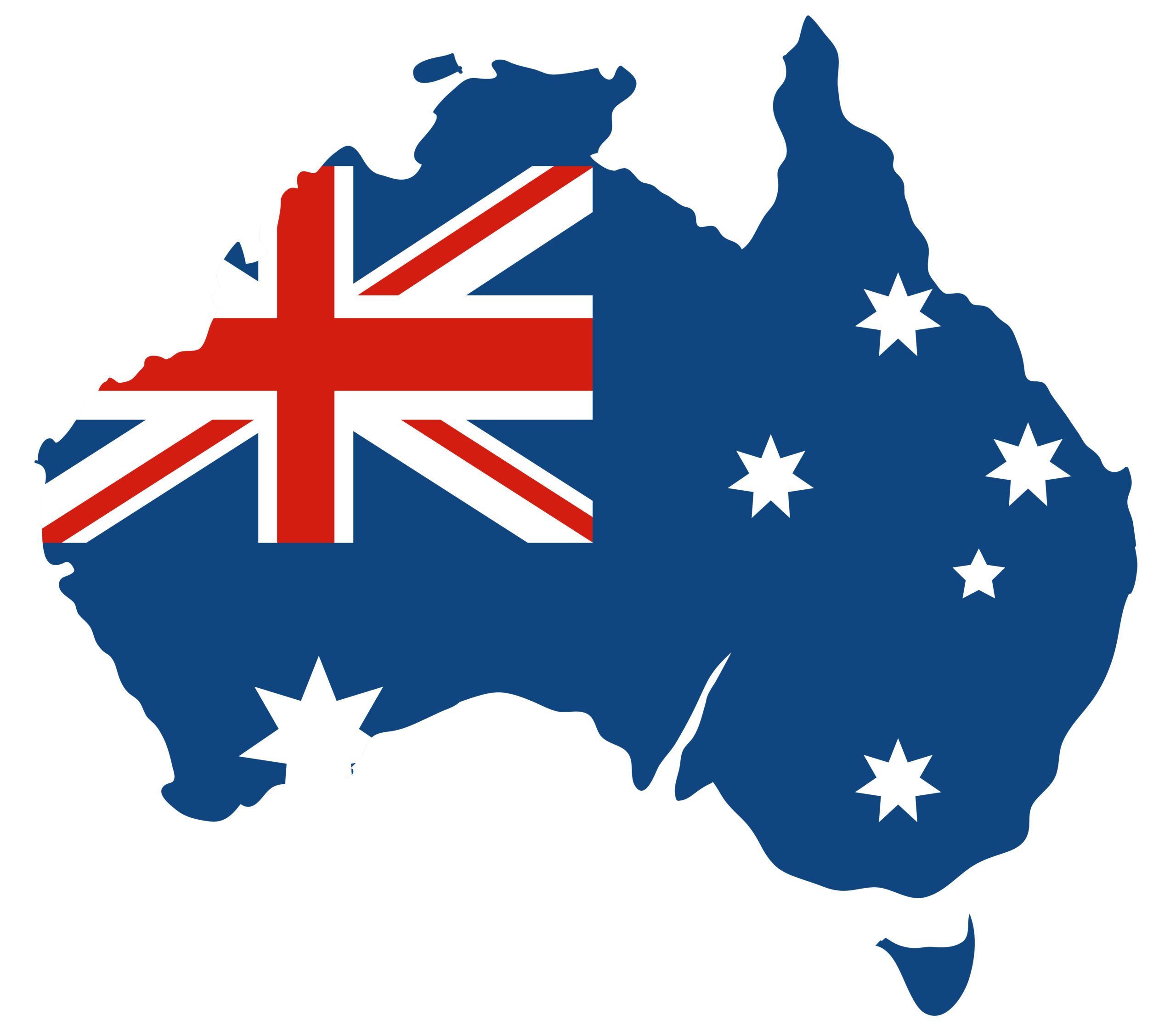Largely due to powerful photojournalism, some of the biggest international media outlets have taken notice of President Rodrigo Duterte’s blood-soaked war on drugs. But the alarming nature of the killings goes far beyond the photos that Duterte called a “dramatic” portrayal of the country’s drug crackdown, with 524 deaths (from June 30 to Aug. 4, according to the Philippine Daily Inquirer’s Kill List) attributed to “The Punisher’s” narco war.
And there appears to be no end in sight, as emphasized by the President during his first State of the Nation Address.
“We will not stop until the last drug lord, the last financier and the last pusher have surrendered
or been put behind bars or below the ground, if they so wish,” Duterte said.
Asian war
More than a decade ago, Thailand waged a similar war on drugs led by Prime Minister Thaksin Shinawatra, which lead to the deaths of 2,800 people, according to an independent inquiry chaired by a former attorney general.
And in a recent Reuters report, the country, after more than a decade, appears to have admitted defeat, with Justice Minister Paiboon Koomchaya saying he was looking at possible changes to the country’s draconian drug laws, which would reduce jail time for possession or dealing of crystal meth.
“The world has lost the war on drugs, not only Thailand,” Paiboon was quoted in the report. “We have clear numbers that drug use has increased over the past three years. Another indicator is there are more prisoners.
As noted by the report, Thailand has a prison population of 321,347—around 70 percent of which are doing time for drug offenses.
Harsh drug penalties are the norm in the Southeast Asian region. Just a little over a year ago, Indonesia executed by firing squad eight heroin smugglers for trafficking.
Western shift
In the western world, more and more countries are re-examining their stance on drugs, increasingly treating drug addiction as a medical condition, as opposed to a criminal one.
In Canada, the federal health agency is reportedly intending to open up legal access to heroin as a treatment for opioid abuse, as reported by Vice News. Back in April, British Columbia declared a public health emergency when 200 people died from fentanyl overdoses in just span of three months.
In the US, 25 states, along with the District of Columbia currently have laws that legalize marijuana in some form, while a number of states have decriminalized the possession of small amounts of marijuana.
As noted by an April 2015 report in The Telegraph, more than 20 countries from the Czech Republic to Uruguay have brought in forms of decriminalization, citing the sense it makes on economic, social, political and moral grounds.
“We’ve examined the war on drugs and I think it’s worth just gently saying to your new president that the war on drugs has not worked. Getting tough on addicts does not work,” Richard Branson, founder of the Virgin Group empire, and Global Drug Commission member told award-winning journalist Cathy Yang in an episode of The Boss.
Branson cited Portugal, where people with drug problems are aided by social workers instead of going to prison. “I think that’s one way you’re going to get on top of the problems with drugs, not by creating a massive war—wars never get won.”
VP speaks up
Meanwhile, Vice President Leni Robredo rued the lack of public outcry against the spate of extrajudicial killings that have averaged 15 deaths a day since Duterte was officially sworn in as President.
“I hope my being vocal against [extrajudicial killings] inspires many others to follow suit because there really has to be public outcry. The way I see it, there has been very little public outcry in the recent past,” Robredo said in an interview with the Philippine Daily Inquirer.
“Right now, it’s anyone’s game. For the simplest reasons, people kill. That is what I am worried about, the culture of impunity and violence,” she added.
Shortly after, Senator Panfilo Lacson, a former Philippine National Police chief (PNP), spoke on the government’s apparent endorsement of the killings.
“I have yet to hear a pronouncement from the Palace and even from [Director] General [Ronald] dela Rosa that they are doing something to resolve those cases or looking for solutions to the summary killings,” the head of the Senate committee on public order and dangerous drugs said during a news forum.
“Has it become a policy to allow or just turn a blind eye to vigilante killings? And 600 murders a month? If not even one case has been solved, we can ask the PNP: ‘Is this the policy now? We don’t care who kills or who are killed?” Lacson added.
By TIMOTHY JAY IBAY
Photo courtesy of PHOTOJOURNALIST RAFFY LERMA (Published by THE PHILIPPINE DAILY INQUIRER on July 24)
The war on drugs: An east-west divide
Published on August 8, 2016
This post was last updated on March 26th, 2020 at 02:59 pm








